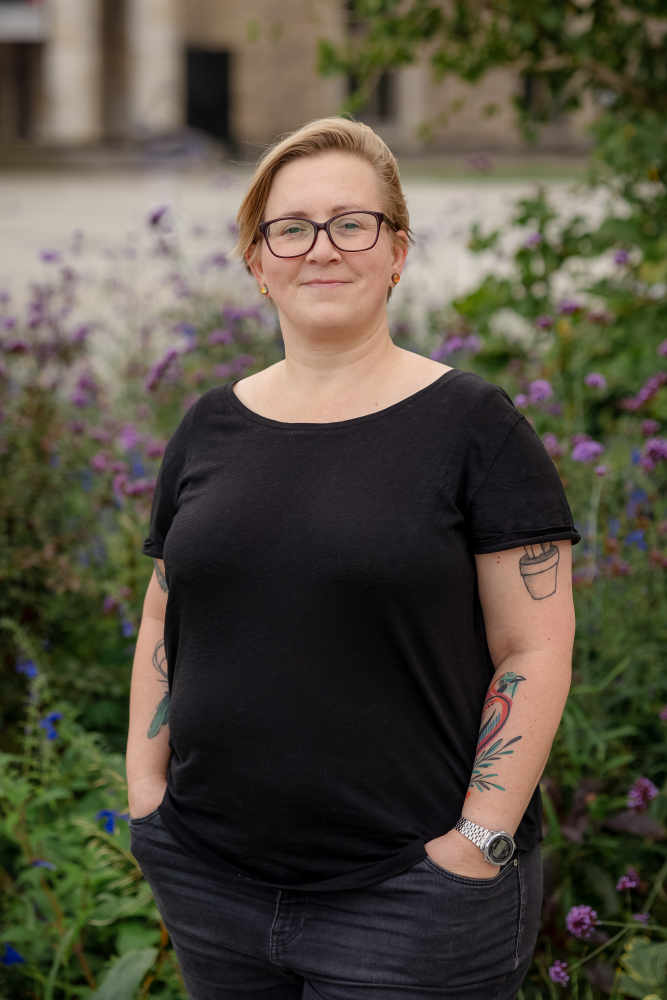For those dedicated to the noble pursuits championed by NGOs, burnout is not merely a buzzword but a harsh reality that is often not spoken about. Recognizing burnout solely as an individual struggle overlooks its broader societal and cultural implications. Beyond affecting the well-being of individuals, burnout permeates social structures and cultural norms, influencing how activism is perceived, practiced, and sustained within communities. Its impact extends beyond personal experiences, shaping organizational dynamics, community resilience, and the efficacy of social movements. By understanding burnout as a societal and cultural phenomenon, we can address systemic factors contributing to its prevalence, promote collective well-being, and foster environments conducive to sustainable activism. This perspective encourages not only individual self-care but also systemic change to support healthier, more resilient activist communities.
For the latest Hive Mind Community podcast, we sat down with Natalia Sarata (RegenerAkcja) to talk about the complexities of burnout among activists, exploring its underlying causes, its profound impact on individuals and organizations, and, most importantly, the strategies to combat and prevent it.
✅ Here are some of the key questions concerning the activism burnout we have discussed:
What are the symptoms of burnout? How does occupational burnout differ from activist burnout observed in social movements and the NGO sector?
Should we consider activism burnout as an individual and social issue?
What stereotypes and conceptions about NGO work are especially harmful to mental health?
How to recognize an environment conducive to activism burnout?
Does activism burnout differ regarding representatives of minorities?
What are the first steps we can take to spot and start acting with care to tackle the burnout symptoms?
What is community-care?
What is essential in self-care and community-care for people working in highly engaging fields/subjects (on emotional, physical, and mental level)?
What is the most important in self-/community- care and healing in activism work?
🎧Listen to our podcast available now on the Hive Mind Community channel on Spotify and Apple Podcasts to learn more about activism burnout and to make better informed choices impacting your personal well-being:
 Natalia Sarata – a sociologist, social activist, anti-burnout trainer, and group process facilitator, she has been involved in the NGO sector and social movements since 2002. She runs the RegenerAkcja [FB] Foundation for tired activists, her path to recovery from activism burnout. She runs self-help groups for burned-out activists and hosts a podcast in Polish, RegenerAkcyjne Rozmowy (translation: RegenerActing Conversations). She lives in Warsaw and Szumin, is originally from Szczawnica in the Pieniny Mountains, and feels strongly afiliated to Kraków.
Natalia Sarata – a sociologist, social activist, anti-burnout trainer, and group process facilitator, she has been involved in the NGO sector and social movements since 2002. She runs the RegenerAkcja [FB] Foundation for tired activists, her path to recovery from activism burnout. She runs self-help groups for burned-out activists and hosts a podcast in Polish, RegenerAkcyjne Rozmowy (translation: RegenerActing Conversations). She lives in Warsaw and Szumin, is originally from Szczawnica in the Pieniny Mountains, and feels strongly afiliated to Kraków.
️
🎚️ The podcast was recorded and mixed at "Podcastownia Ciekawość" (Warsaw, Poland)
🎙 Podcast host: Joanna Krukowska (TechSoup Europe)
🎵 Music by Zykovich Yauheni aka JJ
📆 Podcast recorded on January 23, 2024



